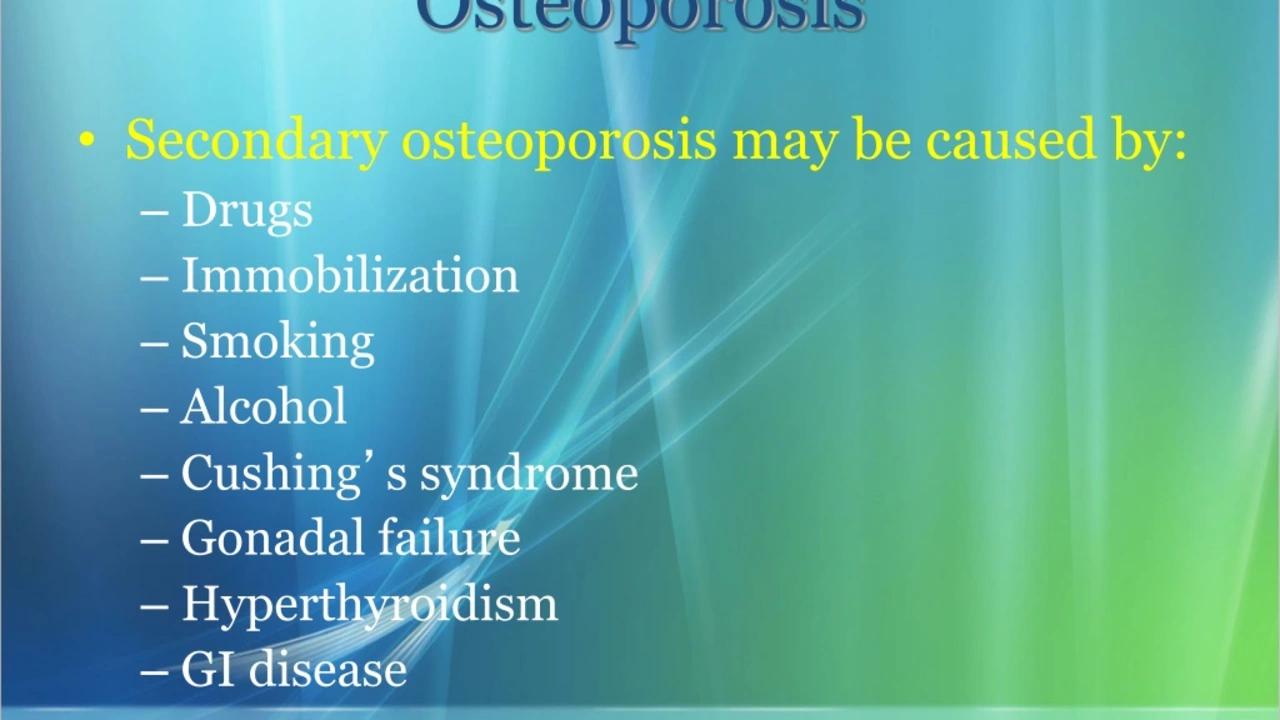How Alcohol Affects Your Medications: Simple Facts You Need
Mixing alcohol with your meds can cause some unexpected problems. You might think a little drink won't matter, but alcohol can change how your medications work—sometimes weakening their effects, other times making side effects worse. Whether it's a prescription or an over-the-counter drug, it’s smart to understand how alcohol fits into your treatment plan.
Not all medications react the same way with alcohol. Some painkillers, like opioids, can slow down your breathing dangerously when combined with alcohol. Others, like diabetes or blood pressure pills, might not work properly if you drink. Even common drugs like antidepressants or allergy meds can cause dizziness, drowsiness, or upset stomach when alcohol is involved, making daily tasks tricky or unsafe.
Spotting the Risks and Staying Safe
Wondering what signs to watch for? If after drinking you feel extra sleepy, confused, or have trouble concentrating, it could mean your meds plus alcohol are mixing badly. Sometimes, alcohol messes with your liver, which is important for breaking down medicine. This can lead to higher medicine levels in your body and an increased chance of side effects.
Here’s a practical tip—always read the label or ask your pharmacist if your meds are okay with alcohol. If you’re ever unsure, skipping that drink until you check is the safer bet. And if you’re on multiple medications, the risks can add up quickly, so a quick chat with your doctor can save a lot of worry.
Real Talk: When Alcohol and Meds Don’t Mix
Think about medications like blood thinners or certain antibiotics—they have pretty strict no-alcohol rules. Ignoring those can lead to serious issues like bleeding or reduced treatment effects. Your body might respond differently than someone else’s, so personal caution is key.
Remember, for some conditions, even small amounts of alcohol can interfere. If you’re dealing with liver disease, diabetes, or depression, alcohol plus meds isn’t just a bad combo—it can make your condition worse or slow your recovery. Keeping track of how both make you feel and adjusting habits accordingly can be a real game changer for your health.
Bottom line? Being upfront and informed about how alcohol and your medications work together helps you make the best calls. That way, you stay in control and protect your wellness without cutting out social moments you enjoy. Stay smart, ask questions, and keep your body’s best interests front and center.
The Impact of Smoking and Alcohol on Osteoporosis Risk
- Keith Ashcroft
- |
- |
- 15
In my latest research, I've delved into the impact of smoking and alcohol on osteoporosis risk. It's startling to see how both these lifestyle choices can significantly increase the chances of developing this bone disease. Smoking negatively affects bone health by reducing blood supply to the bones and slowing the production of bone-forming cells. On the other hand, excessive alcohol consumption can interfere with the balance of calcium in the body, a vital nutrient for bone health. So, if you're looking to keep your bones strong, cutting down on smoking and alcohol is a good starting point.
View moreMetaxalone MR and Alcohol: Understanding the Risks
- Keith Ashcroft
- |
- |
- 16
As a blogger, I recently came across some important information about the risks associated with mixing Metaxalone MR and alcohol. I learned that combining these two substances can lead to dangerous side effects, such as drowsiness, dizziness, and impaired cognitive function. Additionally, this combination can potentially cause liver damage due to the increased strain on the organ. It's essential to consult a healthcare professional before taking Metaxalone MR, especially if you consume alcohol. Overall, it's best to avoid mixing these substances to protect our health and well-being.
View more
